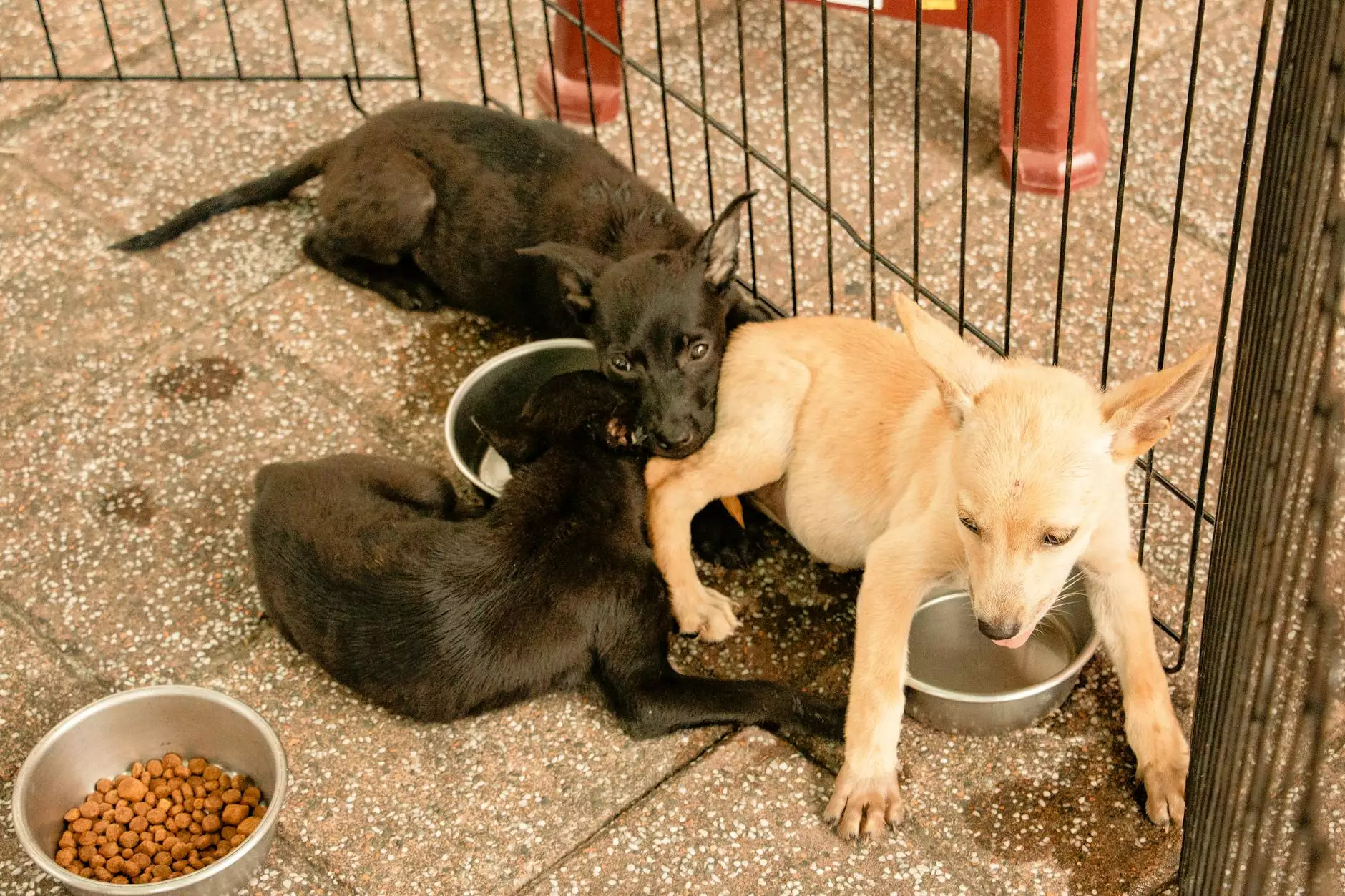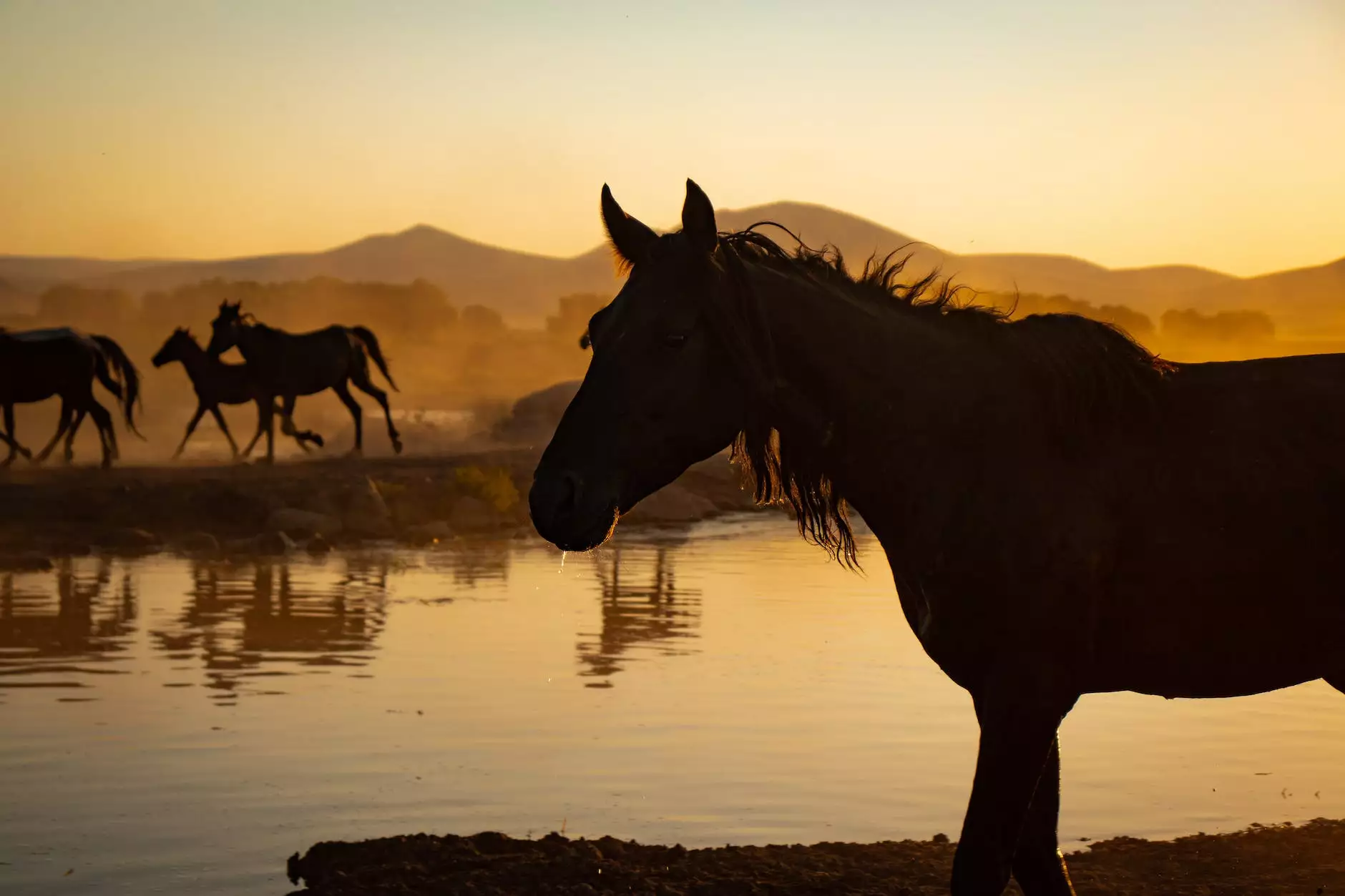Get the Scoop: What Your Pet's Poop is Telling You
Services
Understanding Your Horse's Digestive Health
As horse owners and enthusiasts, it's essential to pay attention to every aspect of our horses' well-being, including their digestive health. One often overlooked yet crucial indicator of their digestive system's functioning is their poop. By closely examining your horse's poop, you can gain valuable insights into their overall health and identify potential issues or imbalances early on.
The Ideal Horse Poop
An ideal horse poop is firm, well-formed, and well-moistened. It should have a consistent texture and color. Normally, it is brown in color with minimal odor. The ideal poop is indicative of a healthy digestive system that is efficiently processing and absorbing nutrients from the horse's diet.
Recognizing Common Abnormalities
It's crucial to familiarize yourself with the common abnormalities that can occur in horse's poop. Here are a few variations you might come across:
- Soft or Runny Stools: Loose or watery stools can indicate a variety of issues such as dietary imbalances, parasites, or gastrointestinal infections. It's important to monitor and identify the cause promptly to address any underlying problems.
- Abnormal Color: Unusual colors in your horse's poop, such as unusually dark, pale, or greenish stools, might indicate digestive issues, liver problems, or certain dietary imbalances. Consulting with a veterinarian is recommended to eliminate any potential concerns.
- Undigested Food: If you notice undigested food particles in your horse's poop, it could indicate insufficient chewing or digestion. This could be a result of dental issues, inadequate forage, or rapid feed changes. Addressing the underlying cause is important to prevent any further complications.
- Bloody Stools: Bloody stools should never be ignored. Blood in the stool could be a sign of colitis, internal injuries, or other serious health problems. It is essential to seek immediate veterinary attention when this occurs.
Examining Frequency and Consistency
Not only should you examine the appearance of your horse's poop, but also pay attention to their bowel movements' frequency and consistency as these factors can provide additional insights into their digestive health.
It's normal for horses to have daily bowel movements, and any deviation from their regular routine might indicate an issue. Additionally, significant changes in consistency, such as sudden or prolonged diarrhea or constipation, should be carefully evaluated to prevent any potential complications.
Ensuring Your Horse's Digestive Well-Being
To maintain optimal digestive health for your horse, it's important to follow these guidelines:
Provide Proper Nutrition
Ensure your horse's diet consists of high-quality forage, appropriate concentrates, and a balanced mineral and vitamin profile. Consult with an equine nutritionist to determine the best feeding plan for your horse's specific needs.
Establish a Feeding Routine
Establish a consistent feeding routine to promote regular digestion. Avoid sudden changes in diet as it can disrupt the horse's digestive system and lead to digestive upset.
Regular Dental Care
Maintaining proper dental health is crucial for effective chewing and digestion. Schedule regular dental check-ups and floating procedures to ensure your horse's teeth are in good condition.
Parasite Control
Implement a strategic deworming program to control internal parasites that can negatively impact your horse's digestive health. Work with your veterinarian to develop an appropriate deworming schedule based on your horse's individual needs and the local parasite prevalence.
Hydration and Exercise
Ensure your horse has access to clean, fresh water at all times and encourage regular exercise to promote proper digestion and overall well-being.
Conclusion
By paying close attention to your horse's poop, you can gain valuable insights into their digestive health. Regularly monitor their poop's appearance, frequency, and consistency, and promptly address any abnormalities or concerns. Remember, a healthy digestive system plays a vital role in your horse's overall well-being, so prioritize their digestive health for happy and thriving equine companions.










